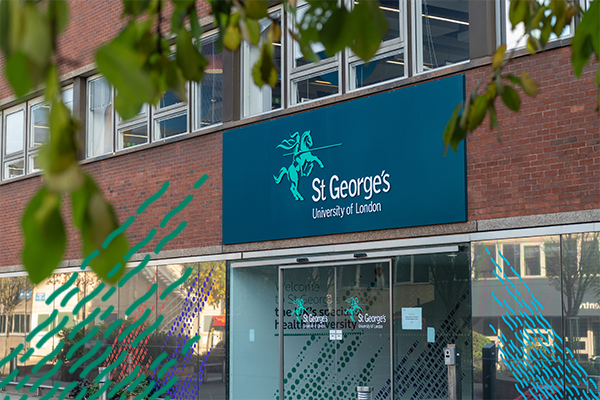Industrial Action is here again: the complexities of life in UK Higher Education
With a new wave of industrial action taking place across the UK, Karen Stephenson, University Secretary at Birmingham City University, explores the impact on students and institutions.


The current industrial action will potentially impact a million students. Organised by UCU, the action is driven by concerns about workloads, pensions, casual employment conditions, equality issues and remuneration.
So, how has this impacted students? It’s important to remember that those students who began their university experience in autumn 2019 have lived through a particularly difficult period: their lecturers striking, COVID, online learning and now a return to campus to be greeted by industrial action.
Jo Grady, General Secretary of the UCU has stated that the initial three days of this action ‘is just the beginning.’
The regulatory infrastructure
A number of issues have very quickly bubbled to the surface which have legal implications.
Unsurprisingly the ‘consumerisation’ of students has, in part, driven these. It is a characteristic of the situation, that might be described as a cauldron of competing and conflicting interests, that political and legal ramifications have become intertwined. Students have also sought compensation from their universities for the lost / reduced educational experience.
It is helpful that both the UUK and OIA have urged students to pursue their grievances through existing institutional machinery rather than resort to formal external legal action in the first instance: UUK stated that students should use their university’s internal formal complaints procedure; OIA said that it will accept complaints from students on an individual or group basis. There appears to be a realism and pragmatism extant within these bodies.
The OfS requires institutions to have measures in place to maintain quality and standards. This position appears to be echoed by the Competition and Markets Authority (CMA) too.
There appears to be a ubiquitous view among the regulatory infrastructure that the impact on students should be mitigated as much as possible and formal litigation through the courts should be mollified.
An argument deployed to resist this was that students continued to be able to access a range of institutional services and facilities and therefore did not suffer a ‘total loss of consideration.’ In contrast other HEIs have started a fund sourced from salaries withheld from striking academics which will be used to ameliorate the impact on affected students.
The view is that HEIs are not expected to provide ‘like for like’ teaching. However, it is expected that there is a response to complaints which reflects individual circumstances and providers should transparently direct students to the appropriate procedures.
The Intellectual Property issue
The bank of electronic learning materials and recorded lectures that have been created in an attempt to maintain student learning during the pandemic is not insubstantial. Once created it is perhaps unsurprising that management may look to these resources as a vehicle for mitigating the impact of strike action upon students. It is within this nexus that the most recent conflict with UK HE has taken root and rapidly developed, so much so that the Higher Education Policy Institute (HEPI) published a paper titled ‘Who Owns Online Lecture Recordings?’
The report drew upon existing legislation, UCU guidance and consulted legal academics who specialise in Intellectual Property Law.
However legal nuances potentially exist. It has been argued that ‘license’ can be granted under specific and limited circumstances. The rationale here is that ‘license is implied through conduct’ hence recordings were made during lockdown because students were unable to attend lectures. The law therefore ‘will imply a license to use only to such an extent as was necessary under the circumstances’. Consequently there is ‘no reason to imply a license for some purpose wholly unrelated to COVID such as strike action.’
A key issue in thinking here is that of control over what and how the lecturer teaches. According to Professor Sir Jacob (UCL) the test is not simply whether an individual is employed. The university does not direct precisely how an individual delivers lectures and this means that Copyright and Designs Patent Act 1988 (CPDA) Section 11 (2) which states the employer is the first owner of any literary, dramatic, musical or artistic work does not apply.
Final thoughts
Given the very real proposed diminution in the value of the USS Pension, the widespread use of casual employment contracts and the substantial teaching and administrative workloads placed upon academic staff, it would be a very optimistic individual who thought these issues might be easily or quickly resolved; or simply fade away. The relatively new and emerging sphere of conflict around IP and recorded teaching materials / lecturers constitutes fertile ground for ongoing discord, rancour and mistrust.
The IP issue appears to be an area which could be resolved. If management and academic staff work towards being explicit about what was intended and this was done in writing and if IP policies were collaboratively developed there is potential that an amicable resolution could be achieved. How likely this is remains to be seen.
To paraphrase a well-known Ian Dury song: Not too many “reasons to be cheerful”.
This blog is based on a longer article by Karen which is available in the Resources area of the AHUA’s website here.
Related Blogs



1 Comment
David Duncan